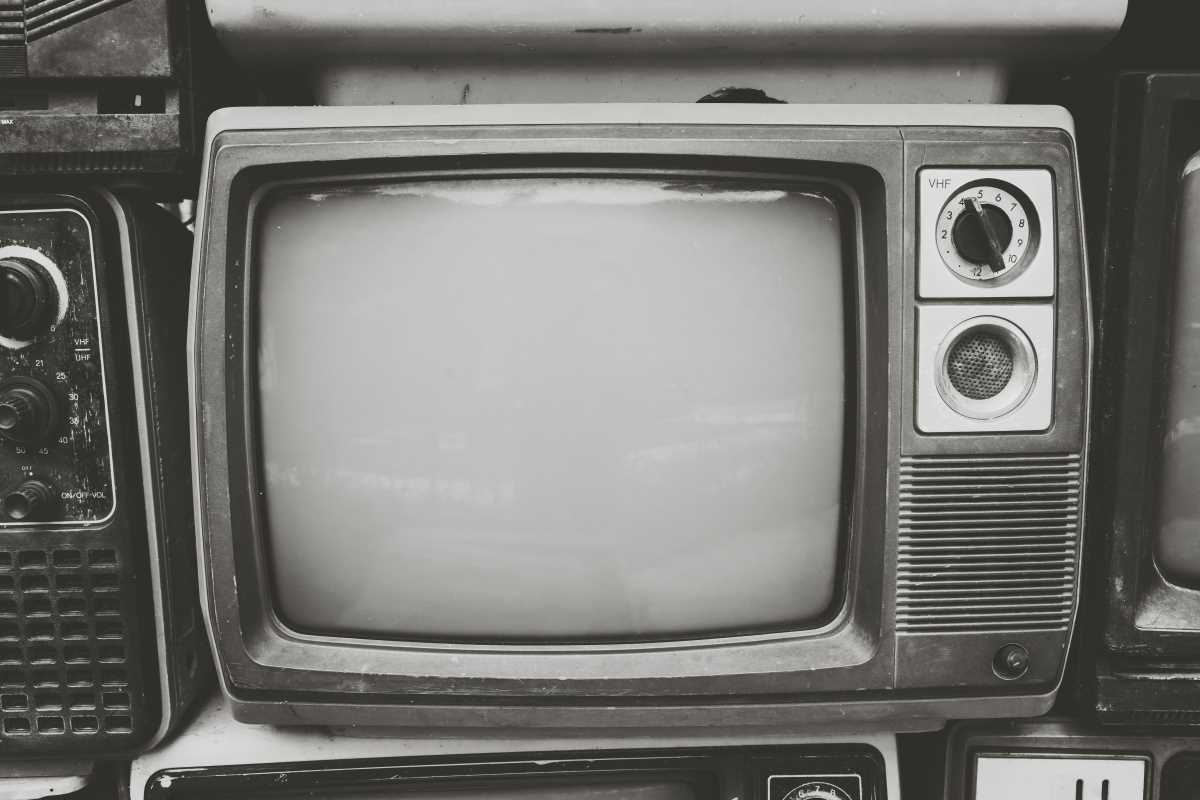Movies are a mirror to society, capturing the spirit, struggles, and triumphs of their times. They reflect societal changes, showcase technological advancements, and push the boundaries of artistic expression. Over the last century, certain films have emerged not just as entertainment but as cultural landmarks, shaping and defining their respective decades. From silent epics that pioneered storytelling to modern masterpieces that explore identity and connection, these movies have left their mark on cinema history. By examining these iconic films, we gain insight into the eras they represent and the timeless narratives that continue to resonate with audiences worldwide.
1920s: Metropolis (1927)
The 1920s marked the birth of cinema as a storytelling medium, and no film from this era exemplifies its innovation better than Fritz Lang’s Metropolis. This German Expressionist sci-fi epic explored themes of class struggle, industrialization, and human connection in a sprawling, visually stunning futuristic city. Its groundbreaking special effects and iconic imagery, like the robot Maria, set the standard for filmmaking in the silent era and inspired generations of science fiction stories.
1930s: Gone with the Wind (1939)
The 1930s were the golden age of Hollywood, and Gone with the Wind epitomized the era’s grandeur. This epic Civil War romance was a box-office sensation and remains one of the most successful films of all time. Starring Vivien Leigh as the headstrong Scarlett O’Hara and Clark Gable as the dashing Rhett Butler, the film captivated audiences with its lush Technicolor visuals, sweeping score, and timeless storytelling. Its iconic line, "Frankly, my dear, I don't give a damn," became part of cinematic history.
1940s: Casablanca (1942)
Amid the turmoil of World War II, Casablanca captured the era’s zeitgeist with its tale of love, sacrifice, and resistance. Starring Humphrey Bogart and Ingrid Bergman, the film became an instant classic, thanks to its sharp dialogue, unforgettable characters, and the timeless song “As Time Goes By.” Its message of standing up for what’s right resonated deeply during a period of global conflict, cementing its status as one of the greatest films ever made.
1950s: Singin’ in the Rain (1952)
The 1950s saw the rise of Technicolor musicals, and Singin’ in the Rain stands as the quintessential example. Starring Gene Kelly, Debbie Reynolds, and Donald O’Connor, the film is a joyful celebration of Hollywood’s transition from silent films to talkies. Its dazzling choreography, iconic musical numbers, and witty satire of the film industry made it a timeless masterpiece that continues to delight audiences today.
1960s: Psycho (1960)
The 1960s were a time of experimentation and boundary-pushing in cinema, and Alfred Hitchcock’s Psycho redefined the thriller genre. With its shocking twists, psychological depth, and iconic shower scene, the film challenged traditional storytelling and censorship norms. Anthony Perkins’ chilling portrayal of Norman Bates and Bernard Herrmann’s haunting score solidified Psycho as a cornerstone of modern horror and a defining film of its decade.
1970s: The Godfather (1972)
The 1970s heralded a new era of auteur-driven filmmaking, and Francis Ford Coppola’s The Godfather reigned supreme. This crime epic, based on Mario Puzo’s novel, explored themes of power, loyalty, and family through the lens of the Corleone crime family. The iconic opening scene where Don grants a favor to a man on his daughter's wedding day is just one out of many scenes that have solidified this film's place in cultural history. Featuring iconic performances by Marlon Brando and Al Pacino, the film’s meticulous direction, gripping narrative, and unforgettable quotes made it a cultural phenomenon and one of the greatest films ever made.
1980s: E.T. the Extra-Terrestrial (1982)
The 1980s were defined by blockbuster entertainment, and Steven Spielberg’s E.T. the Extra-Terrestrial captured the hearts of audiences worldwide. This heartwarming tale of friendship between a young boy and an alien showcased Spielberg’s mastery of blending fantasy with emotion. Its iconic imagery, like the bike flying across the moon, and John Williams’ magical score cemented its place as a defining film of the decade.
1990s: Titanic (1997)
James Cameron’s Titanic became a global phenomenon in the 1990s, combining romance, historical drama, and groundbreaking special effects. Starring Leonardo DiCaprio and Kate Winslet as star-crossed lovers aboard the doomed ocean liner, the film captivated audiences with its sweeping scale and emotional depth. Winning 11 Academy Awards, Titanic became a cultural touchstone and solidified its place as one of the most iconic films of all time.
2000s: The Dark Knight (2008)
The 2000s saw the rise of superhero films, and Christopher Nolan’s The Dark Knight set a new standard for the genre. This dark, complex tale of Batman (Christian Bale) and the Joker (Heath Ledger) transcended its comic book origins, delving into themes of morality, chaos, and heroism. Ledger’s Oscar-winning performance and Nolan’s masterful direction made The Dark Knight a defining film not just of its decade but of modern cinema.
2010s: Parasite (2019)
Bong Joon-ho’s Parasite became a cultural milestone in the 2010s, breaking barriers as the first non-English language film to win the Academy Award for Best Picture. This darkly comedic thriller about class inequality resonated with audiences worldwide, blending sharp social commentary with gripping storytelling. Its critical and commercial success highlighted cinema's growing global reach and storytelling's power to transcend language and culture.
2020s: Everything Everywhere All At Once (2022)
Although the 2020s are still unfolding, Everything Everywhere All At Once has already made a profound impact. This multiverse-hopping adventure, directed by Daniel Kwan and Daniel Scheinert, is a genre-defying exploration of family, identity, and purpose. Starring Michelle Yeoh in a career-defining performance, the film blends absurdity with heartfelt emotion, delivering a cinematic experience unlike anything before. Its critical acclaim and multiple awards cement its place as a defining movie of the current decade.
Over the past 100 years, cinema has evolved in ways that reflect the changing times, but the defining movies of each decade share a common thread: they resonate deeply with audiences, capturing universal themes and pushing the boundaries of storytelling. From the silent innovation of Metropolis to the groundbreaking artistry of Everything Everywhere All At Once, these films represent the best of what cinema can achieve, leaving a legacy that continues to inspire and entertain.
 (Image source: Paramount Pictures; Alfran Productions)
(Image source: Paramount Pictures; Alfran Productions) 
.jpg)




